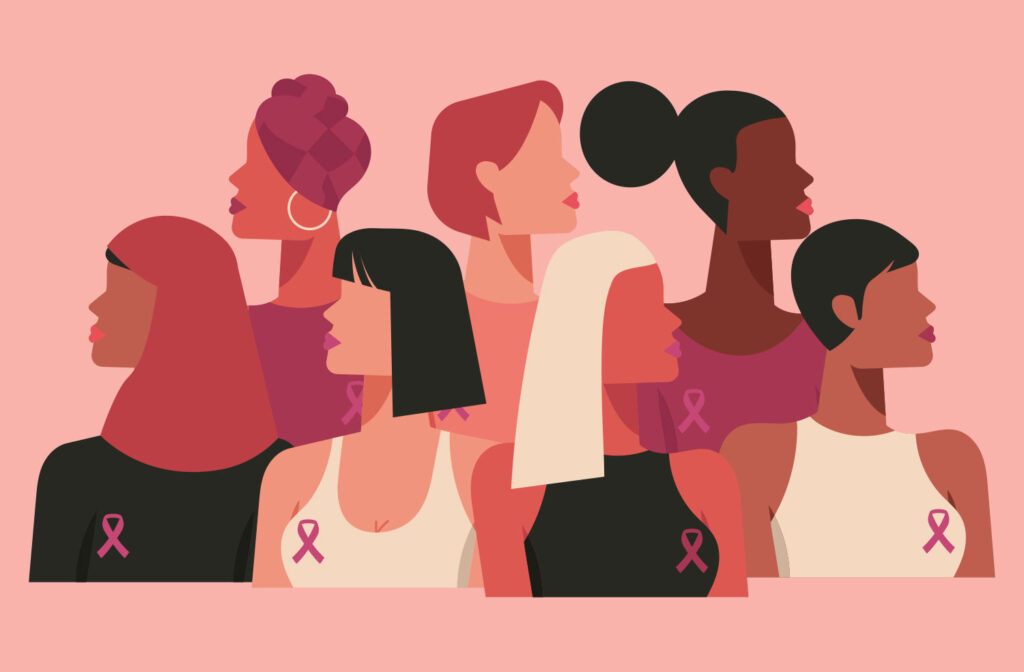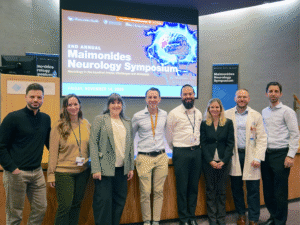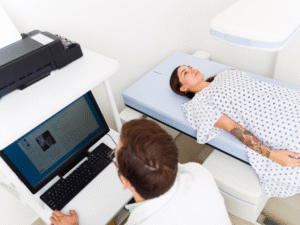The COVID-19 pandemic has claimed millions of lives all across the world, but many of the people we’ve lost have died from other diseases, including cancer. Numerous people canceled or delayed routine cancer screenings and treatment during the pandemic.
In fact, over 37% of elective cancer surgeries and 3.9 million breast cancer screenings were canceled at the height of the pandemic in efforts to mitigate COVID-19 transmission and deaths. These delays have undoubtedly increased the risk of death and complications for breast cancer among all people, but people of color are likely to bear the brunt of it.
White women are most likely to develop breast cancer, followed by Black, Native American, and Asian women. Hispanic women are least likely to develop breast cancer. Despite increased odds for getting breast cancer, White women are less likely to die from it than Black women—and Asian women are least likely to die.
Prior to the pandemic, breast cancer deaths were 40% higher for Black women than White women. Black women are also diagnosed at younger ages and among those who do have breast cancer, 20% are triple negative, which is the hardest to treat.
Maimonides’ Dedicated Breast Cancer Specialists Urge Patients to Continue Getting Annual Screenings—Especially Black Women
Models suggest nearly 2,500 excess deaths from breast cancer by 2030 due to delays in screening and treatment during the pandemic. The actual number depends on how quickly healthcare professionals can work through patients who are overdue for screening.
“Breast cancer is still the second leading cause of death in this country,” Donna-Marie Manasseh, MD, Director of Breast Surgery at Maimonides Breast Center, explains. “COVID-19 has crept up as number three, but we predict that number won’t continue to rise. However, breast cancer will still be there, unfortunately.”
Annual screenings starting at age 40 saves the most lives. “When cancer is detected earlier — before you can feel a lump — is when it’s most treatable and the options are better,“ says Christina Giuliano, MD, Director of Breast Imaging, Maimonides Breast Center. “If you wait until you feel a lump, that is usually years later.”
Guidelines differ for those with a higher risk. Those with a family history of breast cancer or a BRCA mutation should have screenings at younger ages—as young as age 30.
“A mammogram is like a seat belt – if you have a seatbelt on in an accident, it can save your life. Mammography is the same idea – if you are one of the unfortunate women who develops breast cancer, it can find it early and save your life,” says Dr. Giuliano.
Breast Cancer Specialists at Maimonides Are Proud to Give Patients Their Best Shot at Life
There are several clinical trials for breast cancer treatment at Maimonides. One of the most promising trials this year weaponizes a patient’s own immune system against breast cancer.
Patrick Borgen, MD, Chair of the Department of Surgery and head of the Maimonides Breast Center at the Maimonides Cancer Center, thinks these trials are paving the way for better treatments and outcomes. “We‘re making sure that what we’re offering our patients is the best chance of a cure, is their best chance of long term survival, is their best chance of minimizing toxicities.”
Even with these breakthroughs in treatment, prevention and early detection will always render the best outcomes. As a result, patients need to stay on top of their annual mammograms. Maimonides is the only breast center in Brooklyn that is fully accredited by the National Accreditation Program for Breast Centers (NAPBC) for four years running, making it hands down the best place for a mammogram in the borough and for care after a diagnosis.
For more evidence of our doctors’ dedication, check out our Event Recap: Ride 2 Live, where our Maimonides Breast Center leaders and staff ride motorcycles to raise awareness of breast cancer.




